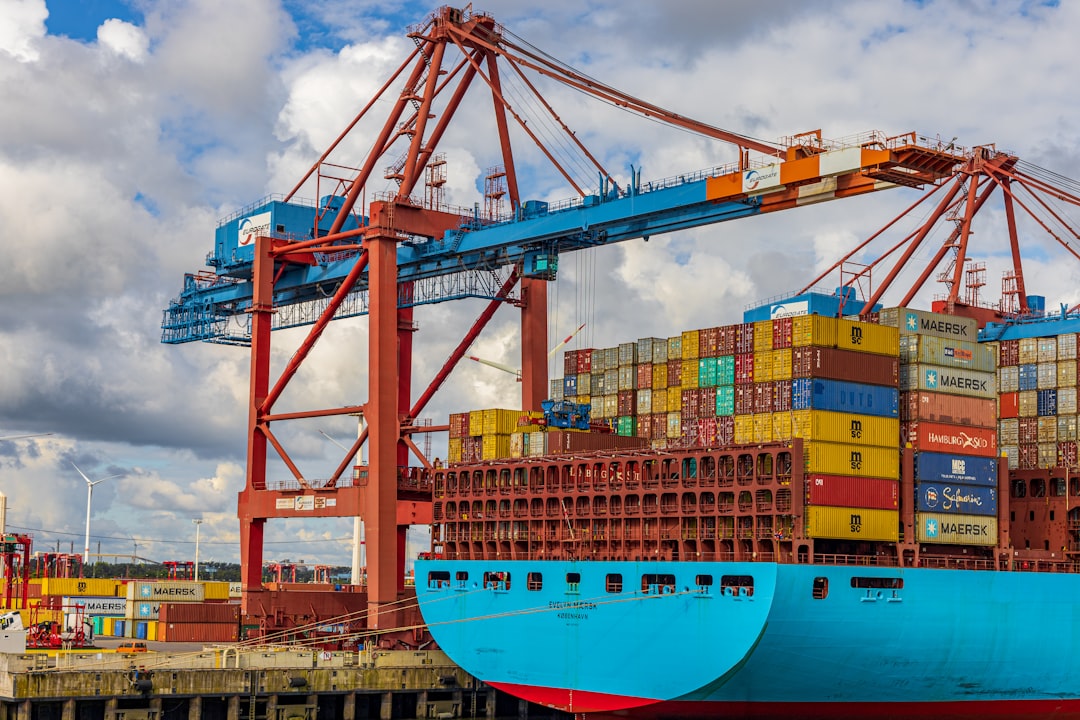International trade offers immense opportunities for growth and expansion, but it also presents a unique set of challenges. Navigating the complexities of global markets requires a robust risk management strategy. Failure to adequately address these risks can lead to significant financial losses, reputational damage, and even the complete failure of a business venture. This comprehensive guide will explore the key risks involved in international trade and provide practical strategies for mitigation and prevention.
Political and Regulatory Risks in International Trade
Political instability, changes in government regulations, and trade wars are significant threats to international businesses. A sudden change in government policy, sanctions imposed on a trading partner, or even civil unrest can severely disrupt supply chains, impact import/export processes, and lead to financial losses. For example, a sudden increase in import tariffs can dramatically increase the cost of goods, making them less competitive in the target market. To mitigate these risks, businesses should:
- Conduct thorough due diligence on the political and regulatory landscape of target markets.
- Establish strong relationships with local partners who can provide insights and navigate political complexities.
- Diversify sourcing and distribution channels to reduce dependence on any single country or region.
- Develop contingency plans to address potential disruptions caused by political instability or regulatory changes.
- Engage legal counsel specializing in international trade law to ensure compliance with all relevant regulations.
Economic Risks: Currency Fluctuations and Market Volatility
Economic factors play a crucial role in the success or failure of international trade ventures. Currency fluctuations can significantly impact profitability, as changes in exchange rates can affect the cost of goods and the revenue generated from sales. Similarly, market volatility, economic downturns, and changes in consumer demand can all impact sales and profitability. Strategies to mitigate these risks include:
- Implementing hedging strategies to manage currency exchange rate risks. This might involve using forward contracts or options to lock in exchange rates.
- Conducting thorough market research to understand consumer demand and identify potential market risks.
- Diversifying product offerings to reduce dependence on any single product or market.
- Developing flexible pricing strategies to adapt to changing market conditions.
- Building strong relationships with financial institutions that can provide financial support and risk management advice.
Logistical Risks: Supply Chain Disruptions and Transportation Challenges
International trade involves complex supply chains that are vulnerable to various disruptions. Delays in shipping, port congestion, customs issues, and natural disasters can all impact the timely delivery of goods. These logistical challenges can lead to increased costs, lost sales, and damage to reputation. Effective risk management strategies in this area include:
- Selecting reliable shipping partners with proven track records and robust contingency plans.
- Utilizing diverse transportation modes (sea, air, land) to minimize the impact of any single disruption.
- Implementing robust inventory management systems to ensure sufficient stock levels to meet demand even during disruptions.
- Developing clear communication protocols with all stakeholders in the supply chain.
- Investing in technology that provides real-time visibility into the movement of goods.
Credit and Payment Risks: Protecting Against Non-Payment
International trade often involves extending credit to buyers or dealing with unfamiliar payment methods. This introduces significant credit risk, the risk that buyers might fail to pay for goods or services. To mitigate this risk, businesses should:
- Conduct thorough credit checks on potential buyers.
- Use secure payment methods such as letters of credit or escrow services.
- Negotiate clear payment terms and conditions in contracts.
- Establish strong relationships with banks and other financial institutions to facilitate secure payments.
- Consider using export credit insurance to protect against non-payment.
Legal and Contractual Risks: Navigating International Law
International trade involves navigating complex legal and regulatory frameworks. Disputes over contracts, intellectual property rights, or product liability can have significant financial and reputational consequences. To minimize legal and contractual risks, businesses should:
- Engage experienced legal counsel specializing in international trade law to draft and review contracts.
- Ensure contracts are clear, comprehensive, and enforceable under the applicable laws.
- Understand the intellectual property laws of target markets.
- Comply with all relevant regulations related to product safety and liability.
- Establish dispute resolution mechanisms in contracts to address potential conflicts efficiently.
Effective risk management is crucial for success in international trade. By proactively identifying, assessing, and mitigating these key risks, businesses can significantly increase their chances of achieving their global trade objectives and building sustainable, profitable international operations.
Tags: International Trade Risk Management, Global Trade Risks, Supply Chain Risk, Currency Risk, Political Risk, International Business, Export Import




